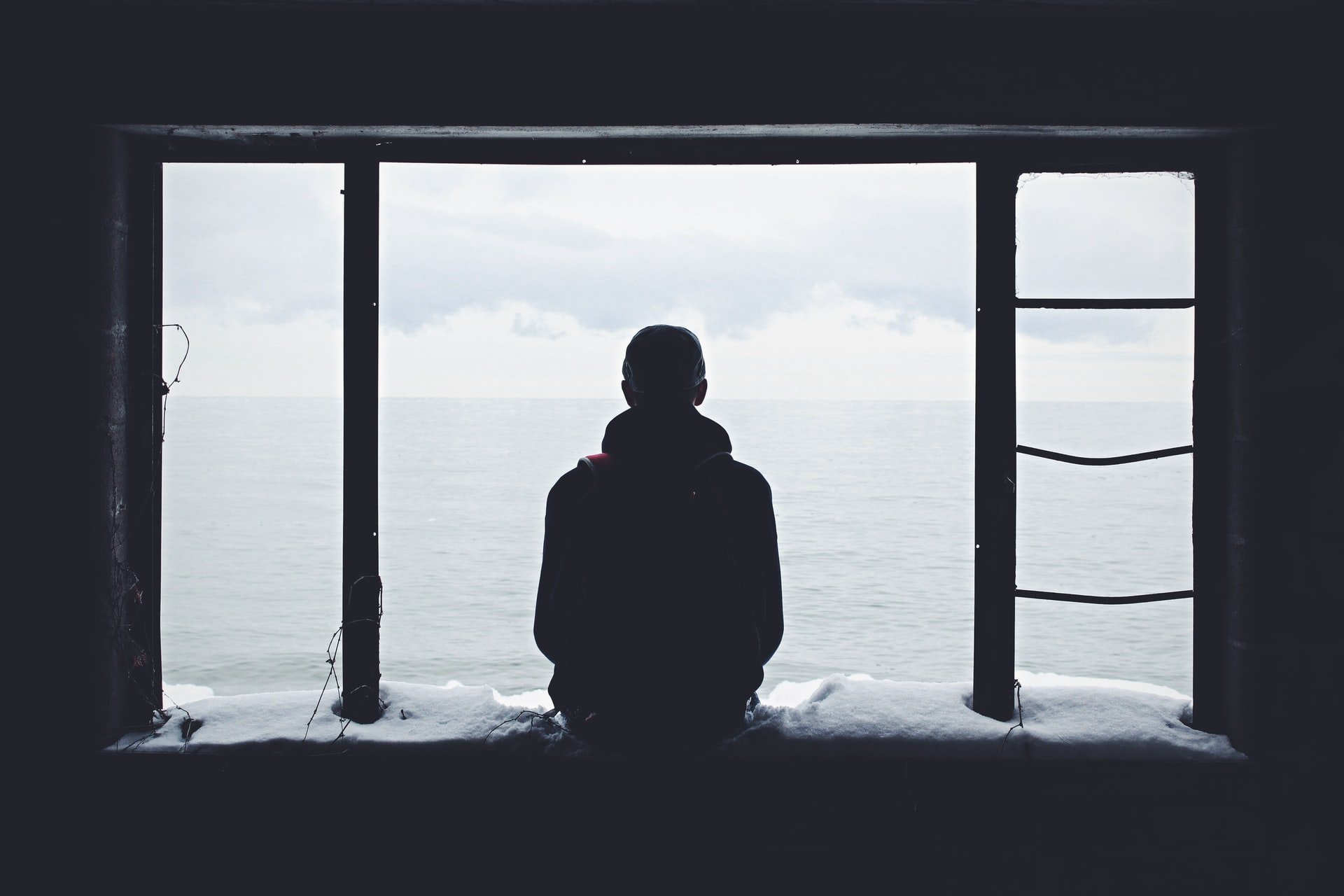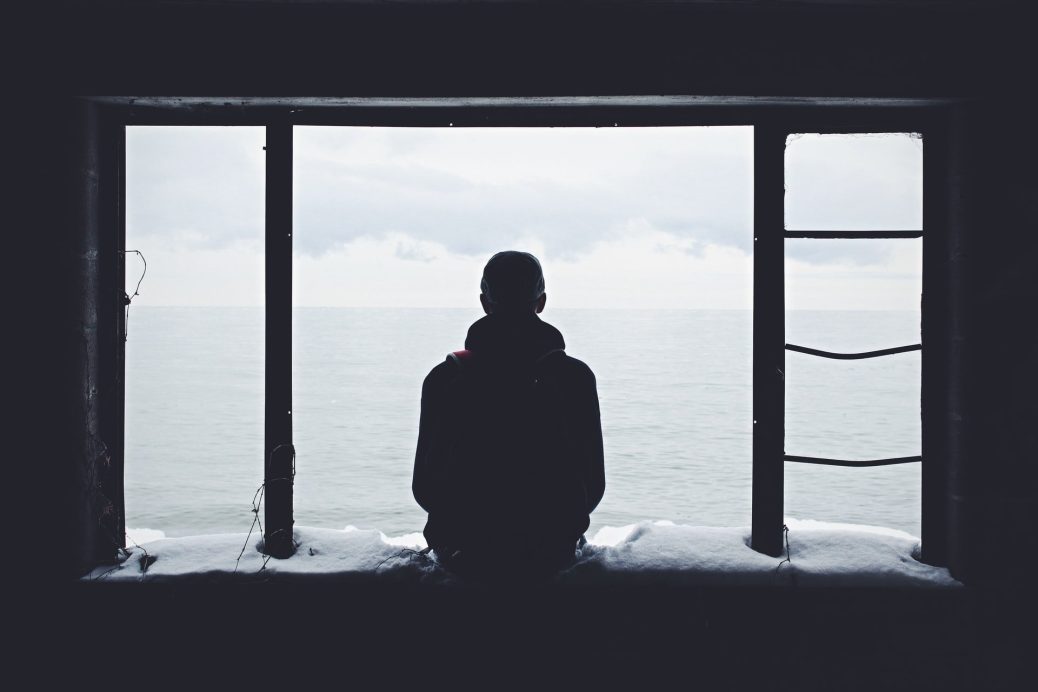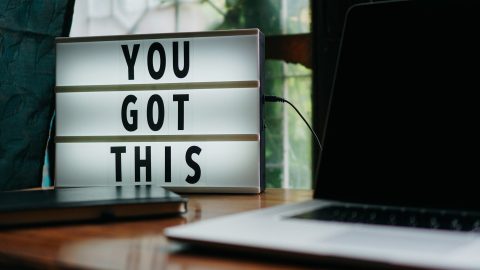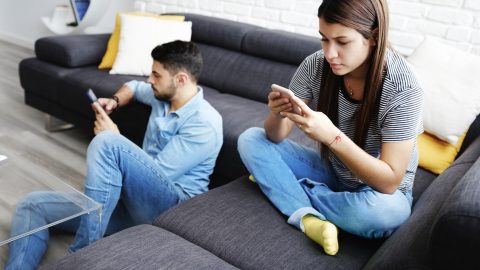
Being emotionally available is the cornerstone of healthy relationships. It allows for openness, communication, intimacy and depth. Then why is being emotionally unavailable such a common problem for people? Because it’s also self-protective and there are many reasons why people feel they need to keep the kind of distance it helps to maintain. It can be scary if overall trust in relationships is in question, often for very good reasons. But you need to ask yourself whether this “protection” from emotional connection from others is worth the end result.
Let’s explore 1) what being emotionally available looks like, 2) why so many struggle with being emotionally unavailable and 3) how to improve that.
What is emotional availability?
- You are not only comfortable with looking at your own feelings but sharing them. Doing so is a vulnerable act and for people who inherently feel vulnerable in relationships or in general, possibly due to family of origin issues, this can feel unsafe or too close. Authenticity is not a challenge for those who are fully emotionally available because they often have a generally positive sense of self.
- You are able to be responsive to other people’s emotions. This means good listening skills, attunement and empathy in relationships. If you aren’t aware of your own emotional world, it’s very hard to be present and bear witness to the emotional world of another. For this reason, they may not reciprocate emotional efforts made by you.
- You are reliable. You show up when you said you would, are consistent and behave in trustworthy ways. People who are emotionally unavailable are more likely to be flaky, not transparent or send mixed messages. They may or may not be aware of it.
- You are comfortable with expressing intimacy with physical affection and sweetness. This also requires willingness to be vulnerable in relationships.
- You regulate your emotions well. You are kind, respectful and curious. Some who are emotionally unavailable use anger, criticism or controlling behavior to maintain their emotional distance.
Why are so many people emotionally unavailable?
 This answer to this question is complex and there really no one answer. In a nutshell, at some point you may have learned that it’s not emotionally safe to be fully open to others, let alone to yourself. The quality of your childhood attachment to parents or primary caregivers can play a role, not having an adequate responses to your emotional needs. Not receiving affection, validation or support, being criticized, abused, minimized for emotional expressions or needs not responded to can lead to attachment styles that are later a challenge to emotional availability.
This answer to this question is complex and there really no one answer. In a nutshell, at some point you may have learned that it’s not emotionally safe to be fully open to others, let alone to yourself. The quality of your childhood attachment to parents or primary caregivers can play a role, not having an adequate responses to your emotional needs. Not receiving affection, validation or support, being criticized, abused, minimized for emotional expressions or needs not responded to can lead to attachment styles that are later a challenge to emotional availability.
Feeling unlovable or being uncertain whether you can trust others will show up are just a few of the narratives that can block you from being emotionally available. This protective response actually makes good sense. But his kind of baggage comes with preoccupation and fears of it playing out which can be self-sabotaging.
Being emotionally available or unavailable is rooted in life experiences.
Here’s how it works: If deep down, I feel inadequate and fear I don’t deserve love, then my instincts tell me that eventually, you’re going to find out about me, realize that I’m not good enough, and break my heart.
So I love you from a distance. I stay aloof and disengaged. I refuse to give you much of my time because it won’t hurt as much when you tell me you’re going to leave me.
I know it’s coming. It always does. – Kyle Benson
Many are emotionally unavailable because they have never looked closely at themselves from this kind of perspective. They may not realize their family of origin issues or other challenging life experiences are creating obstacles for them. And many have this awareness but don’t know what to do about it. On the other side of this coin can cycle through emotionally unavailable intimate relationships or friendships, repeatedly getting burned, and wonder why. For this group, understanding this is happening and being curious about your role in it, is the first step in breaking unhealthy relationship patterns. It can go both ways and be quite complicated.
Additionally, past break-up pain can trigger emotional unavailability. For men in particular, there can also be culturally reinforced messages that emotions and vulnerability are “weak” which clearly fly in the face of feeing safe to open up.
The impact of emotional unavailability on others
- Their inconsistency and lack of openness may leave you feeling insecure about your connection. You’re unclear where you are at with them.

- A lack of emotional attunement and empathy can be painful and trigger frustration, sadness and eventually, loneliness.
- Signs of becoming closer are fleeting, if there at all. It may be hard to see how you’re growing forward together as a couple which leads to more doubt about the relationship.
- The lack of affection via touch, sweet gestures or thoughtfulness may lead you to slowly turn away, possibly also diminishing your sexual attraction to them. This is the result of repeatedly hitting a wall and eventually giving up, if they haven’t bailed out first.
- You might wonder what you’re doing wrong in your inability to connect with them, despite efforts. (If this persists, you might want to look into codependence or your own family of origin issues.)
- As you feel less secure in the relationship, you may sadly lose your willingness to be emotionally available to them, leaving now two people blocked from each other.
How to be more emotionally available
There is no “magic wand” fix but it is possible with some effort. If you are aware that you are not present for people in a way that’s problematic, and you have a desire to do something about it, you’ve already taken the first step in that initial awareness. Many don’t even get that far because they don’t see the problem in the first place, or the impact on others.
 The next task is a willingness to do a deep dive on your personal history. Are there cultural messages that need challenging? Has your romantic history been painful resulting in you in taking evasive protective measures that are actually not helpful? Family of origin work with a therapist can help you understand emotional availability was blocked. This person can help you explore your relationships, emotional wounds, painful experiences or unhelpful messaging you received in the past. You then detangle this from who you are today; your beliefs about yourself, others and the world around you. Part of the work is to challenge toxic preconceived notions about your value and lovability as well as questions about trust, all that understandably block your ability to be vulnerable. These ideas can be deeply engrained and literally wired into your brain and thus, your physiological responses (fight, flight or freeze). For this reason, it takes time, reshaping narratives and trying new things with healthy others to fully pull out the unhealthy roots of your garden. Allow patience for yourself if it’s not a straight line. Changing long standing patterns of how you have operated emotionally takes time and practice.
The next task is a willingness to do a deep dive on your personal history. Are there cultural messages that need challenging? Has your romantic history been painful resulting in you in taking evasive protective measures that are actually not helpful? Family of origin work with a therapist can help you understand emotional availability was blocked. This person can help you explore your relationships, emotional wounds, painful experiences or unhelpful messaging you received in the past. You then detangle this from who you are today; your beliefs about yourself, others and the world around you. Part of the work is to challenge toxic preconceived notions about your value and lovability as well as questions about trust, all that understandably block your ability to be vulnerable. These ideas can be deeply engrained and literally wired into your brain and thus, your physiological responses (fight, flight or freeze). For this reason, it takes time, reshaping narratives and trying new things with healthy others to fully pull out the unhealthy roots of your garden. Allow patience for yourself if it’s not a straight line. Changing long standing patterns of how you have operated emotionally takes time and practice.
In a nutshell
- Awareness that there is a problem with your emotional availability is crucial to be able to change it.
- Challenge any cultural messages around how you’re “supposed” to be.
- Do a relationship inventory to look for any pain points that may be behind you becoming more emotionally protective. Work through that.
- Do a deep dive on yourself with a therapist who specializes in family of origin work.
- Address the issues that cut you off from yourself emotionally to be able to show up in a more available way.
- Take responsibility for your emotions.
- Practice new behaviors with other emotionally available people, like more transparent communication and authenticity.
- Be kind to yourself if it’s not a straight line.
Becoming more emotionally available can not only improve your emotional health but the quality of your relationships. If you’re considering seeking a local therapist, try the Psychology Today Therapist Directory where you enter your zip code to see a list of potential resources. If you’re not quite ready to go to therapy but would like to try making some changes on your own first, see my mini-guide, Family of Origin: Untangle Your Unhealthy Roots. If not enough on its own, it can at least give you a good starting point for your work with a therapist.
The post How to Be More Emotionally Available, and Why first appeared on LoveAndLifeToolBox.









Recent Comments